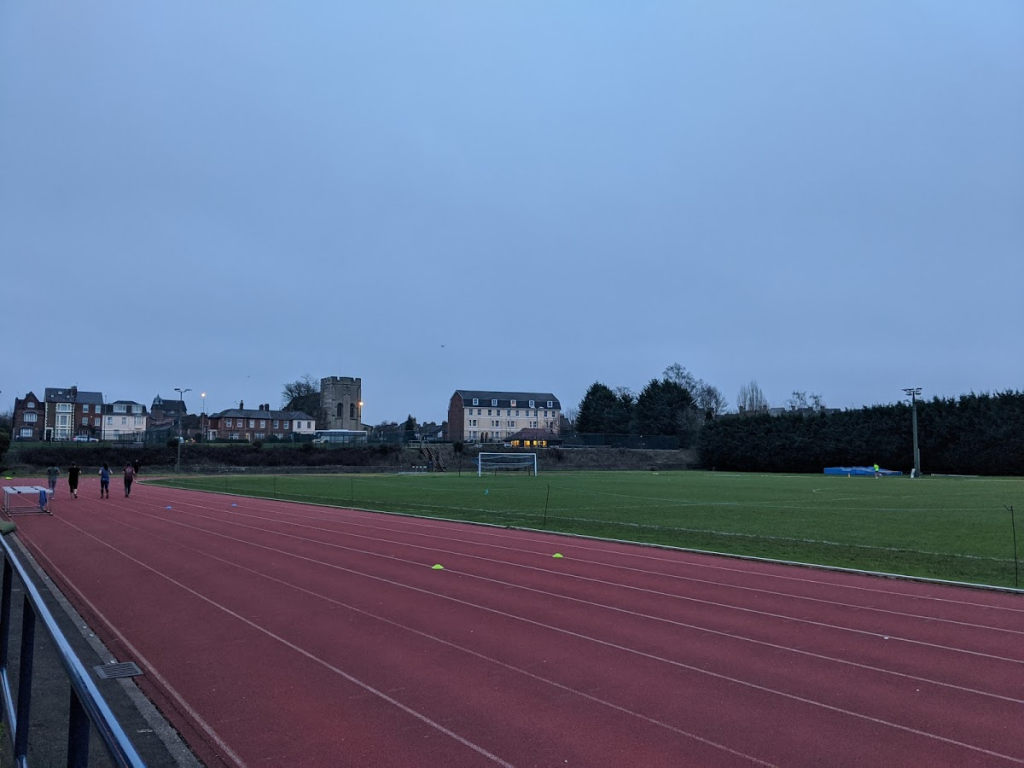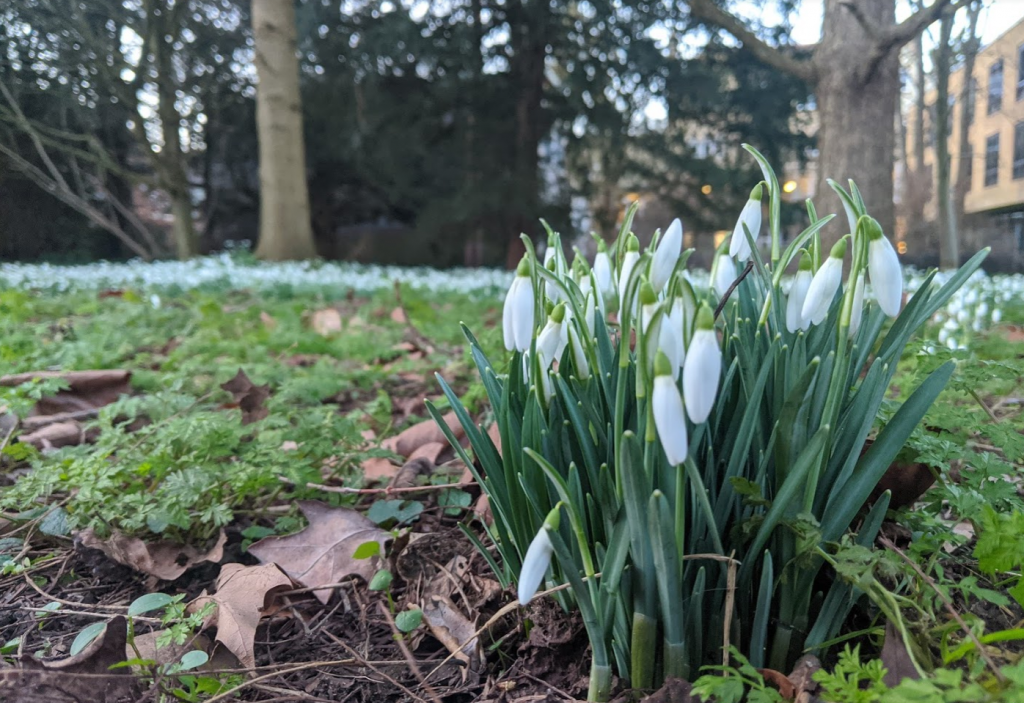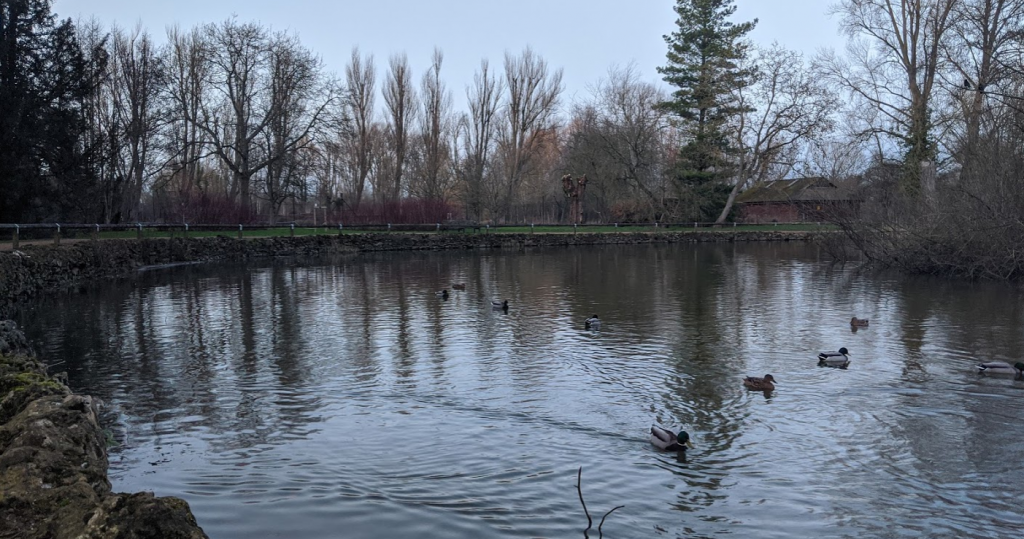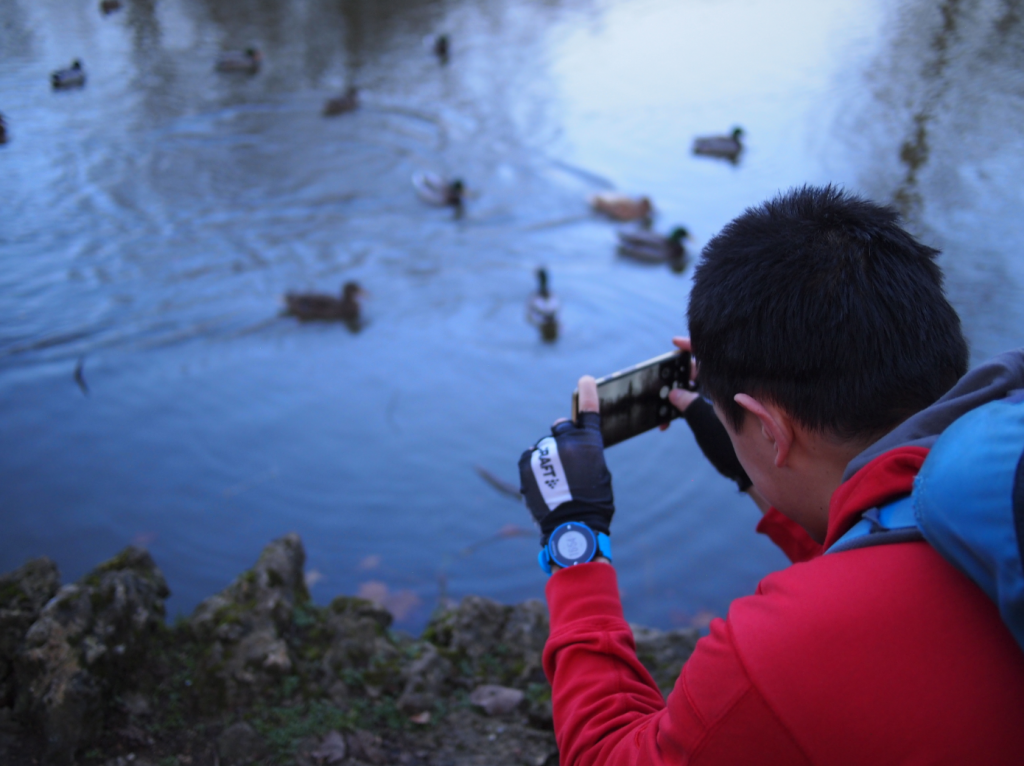Week 5 sees the end of January 2020, and momentum building both in work and play as I accelerate away from the holiday season. I have been reminded in multiple ways that qualities we celebrate and often treat as innate, such as intelligence, strength, and courage, are developed through practice rather than fixed at birth. It is inspiring and motivating to see others grow. On a trivial note, today’s date is a palindrome 2020-02-02 (ISO 8601 format).
Things I wrote this week
I attended the Banff Moutain Film Festival when it toured in Oxford, and my thoughts are in this post.
I finished an overdue race report on the 2019 Blenheim Palace Half Marathon.
Things to share this week
Transparency and Teamwork
I’ve been chatting with some friends at work about transparency, and a famous example of extreme transparency in an organisation comes from Ray Dalio’s Bridgewater. A Summary and Table of Life Principles is provided as a free excerpt from his book. On the same topic, I’m still coming back to and digesting Google’s project Aristotle, described in this piece from the New York Times.
19,547 Calories
Kilian Jornet is a professional athlete who enjoys going up mountains. Last year he skied non stop for 24 hours and managed to gain 23 km in elevation, or nearly three “Everest”s. Doing this required nearly 20,000 kcal (as estimated by Strava), so refuelling would take 37 Big Macs (it actually surprised me how low that number is).
Physical Training Update
I am hoping to break 3 hours for the marathon in 2020, but training has been delayed by an Achilles injury. Rest was the right approach, and I’ve tried to substitute indoor rowing and indoor cycling as low impact alternatives for endurance training. It has been satisfying to see the numbers for weekly “Relative Effort” (based on heart rate) on Strava go up, but as I resume running this hasn’t translated well into speed over ground.
It is frustrating to have to hold back and turn down opportunities to train with friends. It is teaching me the importance of focusing on long term goals to make smarter choices in individual sessions. I’ve also been thinking about this TED talk about the importance of training “easy”. I tend to train “hard” every workout, but this may be less effective the fitter I become. When new to running, race-pace and training-pace can be the same thing, but as fitness increases maximum effort sessions take more recovery time and are more likely to result in injury. Some hard sessions are necessary, but not every session can nor should feel hard.
I’ve also learned that for indoor rowers, power into the machine (watts) is proportional to speed cubed, rather than squared as I would have guessed. That is, an additional 50 W of power brings a 500 m split time of 2:31.8 s/500 m (or 100 W) down to 2:12.6 (19.2 seconds faster), but the next 50 W increment only saves 12.1 seconds more, then 8.6 s, then 6.5 s, until halving the split to 1:15.9 (i.e. doubling the speed) requires 8 times more power at 800 W.

Strava Relative Effort Score for each week of 2020 
Roger Bannister running track, an inspiring place to return to running.
Photos from the Week:




